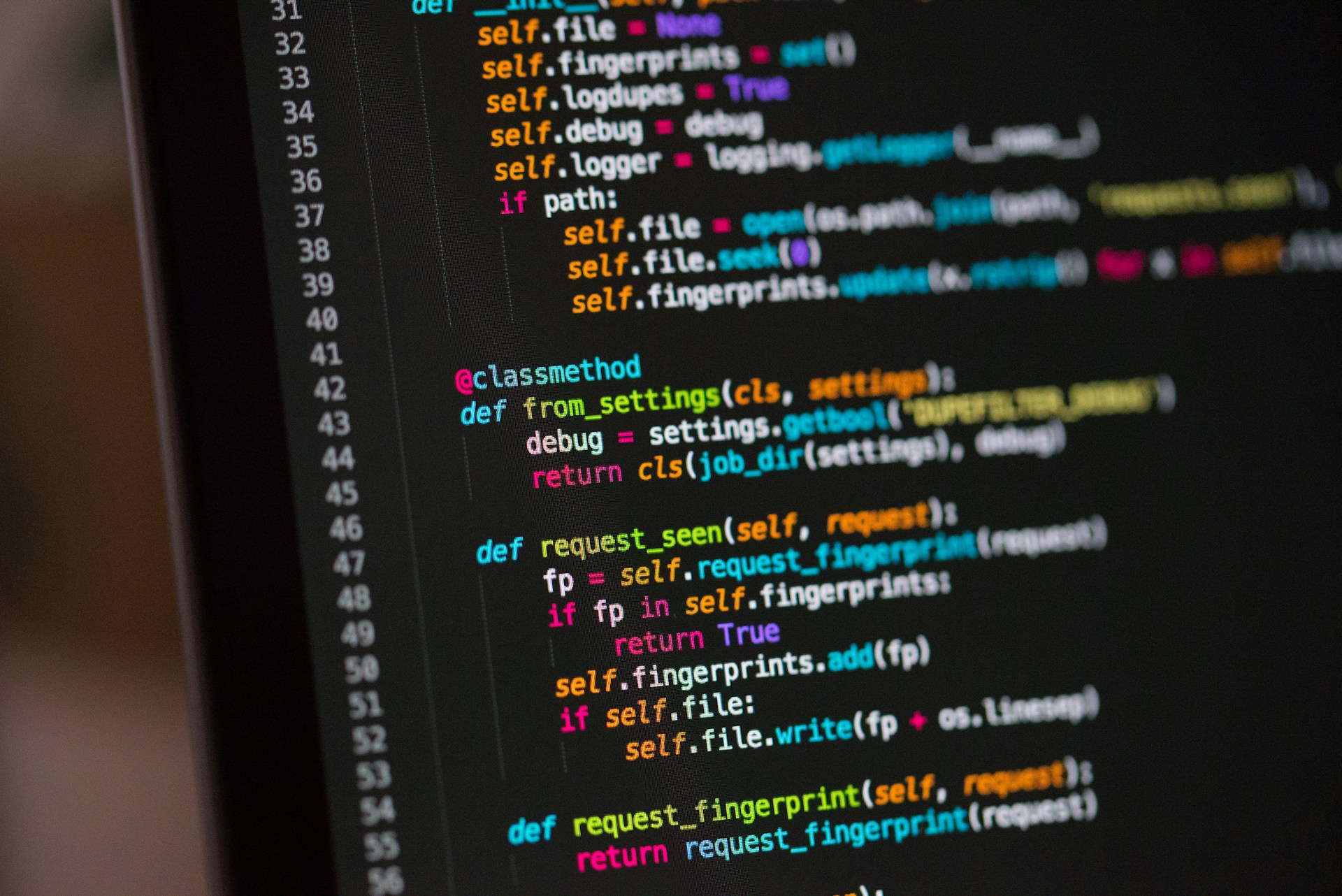AI in Code Development – shift in focus
Artificial intelligence is no longer just assisting developers—it is changing what it means to be one.
AI coding assistants promise speed. They autocomplete functions, suggest fixes, and even generate entire modules. The promise is clear: faster delivery, fewer repetitive tasks, and more time for creativity.
But there is a shift underway. The value of a developer is not just in writing code—it is in knowing what to ask, and how to evaluate the answers.
The New Role of Developers
- Prompt Engineers in Practice
The skill is no longer just “write code,” but “ask the right question.” Developers must learn how to frame prompts that lead to accurate, efficient, and relevant output. A vague prompt can mean insecure, inefficient, or simply wrong code. - Quality Assurance First
AI is confident—but not always correct. Code that compiles is not necessarily code that scales, integrates, or resists attacks. Developers will increasingly act as quality guardians, spotting inaccuracies, inefficiencies, and vulnerabilities before they spread. - From Builders to Architects
Instead of typing every line, developers will focus on architecture and system design. They will orchestrate AI-driven output into maintainable, scalable, and secure solutions. The “craft” of coding evolves into the “craft” of governing code.
Risks Scenarios to assess
We know that AI can, for example, propose code that works locally but fails in production, or unintentionally replicate insecure patterns. Risk Scenarios with using AI should be thoughtfully assessed.
How do you use Risk Scenarios? You use them to frame a discussion. The Risk Scenario needs context (e.g. assets affected, processes used, people involved, timings, controls necessary… etc). Use Risk Scenarios to help your colleagues concretize real risks based on Risk Scenarios.

So here are 5 Risk Scenarios you should assess your readiness to:
Scenario 1: AI suggests functions with hidden vulnerabilities. They pass tests but become entry points for attackers.
Scenario 2: AI-generated solutions “work” but are inefficient, creating long-term scaling problems.
Scenario 3: AI proposes code that violates data-handling rules or embeds third-party snippets without license clarity.
Scenario 4: AI introduces decision rules that reflect bias or faulty assumptions, leading to unfair outcomes.
Scenario 5: Developers trust AI without review. Subtle flaws cascade across systems, undetected until too late.
The Bottom Line
AI accelerates code creation, but it also demands a shift in mindset. Developers who thrive will not be those who type the fastest, but those who:
- Know how to prompt with clarity.
- Evaluate code with skepticism.
- Build systems with resilience.
In short, the developer of tomorrow looks less like a typist and more like an architect. The future belongs to those who can guide, govern, and guarantee what AI creates.
Interested in learning how Riskely can support your structured risk management and control management? Book a demo!
